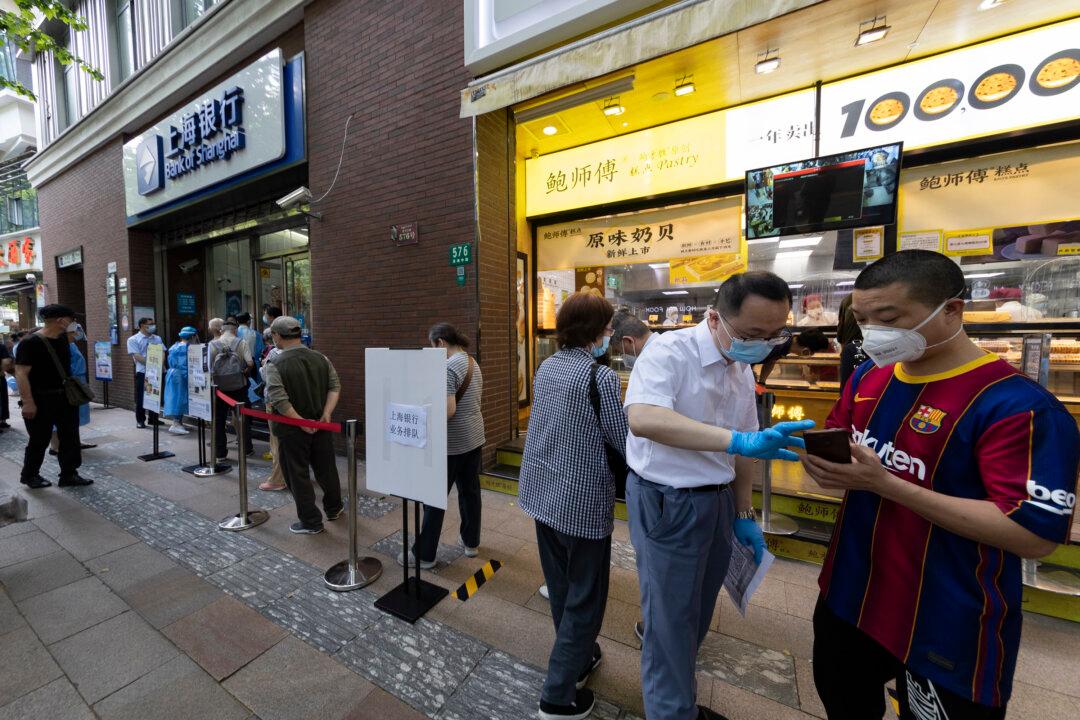News Analysis
Many banking customers in China’s Shenzhen city took to social media earlier this month, claiming they couldn’t withdraw cash or transfer money because their accounts were frozen. Chinese media reported that banks collaborated with authorities to freeze bank accounts.





